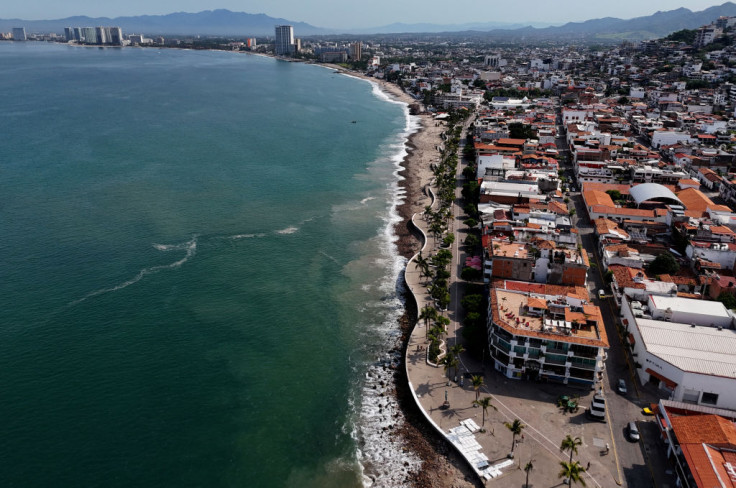
The U.S. government expanded its crackdown on Mexican drug cartels this week, targeting a network allegedly linked to large-scale timeshare fraud operated by the Cártel Jalisco Nueva Generación (CJNG).
On Wednesday, the Treasury Department's Office of Foreign Assets Control (OFAC) announced sanctions against four Mexican nationals and 13 businesses accused of participating in a scheme that defrauded thousands of American victims.
Among those sanctioned are Julio César Montero Pinzón, Carlos Andrés Rivera Varela, and Francisco Javier Gudiño Haro, three high-ranking CJNG associates leading a cell based in Puerto Vallarta, Jalisco. According to U.S. authorities, the group has been involved in carrying out targeted killings in the area using military-grade weapons.
Businessman Michael Ibarra Díaz Jr., whom officials allege played a key role in operating fraudulent timeshare services for the cartel, was also sanctioned. His companies, which include travel agencies, tour operators, and firms connected to vacation property deals, are accused of helping launder money and defraud victims, and have now been blacklisted under the sanctions.
The U.S. government has been focusing on the cartel's involvement in timeshare scams for several years. Since 2023, more than 70 people and entities linked to the operation have been sanctioned, including a group of accountants and real estate firms targeted last year.
According to the FBI, the Jalisco cartel entered the timeshare business in 2012, using call centers in Mexico to pose as American brokers, lawyers, and sales agents. Fluent English-speaking telemarketers then contact timeshare owners in the U.S., offering to buy or sell their properties but only if they first paid upfront fees for taxes, services, or legal paperwork.
In some cases, the scammers reportedly stole the identities of real attorneys and government officials to make their pitch seem legitimate.
Authorities say the cartel has used these tactics to generate hundreds of millions in illicit revenue. The FBI estimates that between 2019 and 2023, nearly 6,000 Americans lost around $300 million to timeshare-related scams linked to Mexico. In 2024 alone, almost 900 complaints were filed, totaling over $50 million in losses.
The Jalisco cartel's timeshare fraud operation began in Puerto Vallarta, but U.S. authorities say the criminal group has since expanded to other Mexican tourist destinations, including Cancún and Acapulco.
In recent years, OFAC has sanctioned numerous individuals and companies tied to CJNG that played key roles in the cartel's revenue-generating activities. In 2024, U.S. officials accused Iván Cázarin Molina, also known as "El Tanque," of leading a fuel theft ring on behalf of the cartel.
"This cartel is constantly adapting, finding new ways to fund its operations through exploitation," said Treasury Secretary Scott Bessent. "At President Trump's direction, we're aggressively pursuing the financial lifelines of criminal groups like CJNG—including their fraud schemes targeting older Americans."
© 2025 Latin Times. All rights reserved. Do not reproduce without permission.







